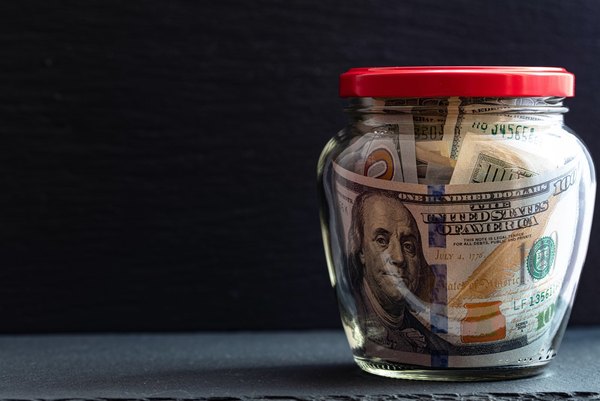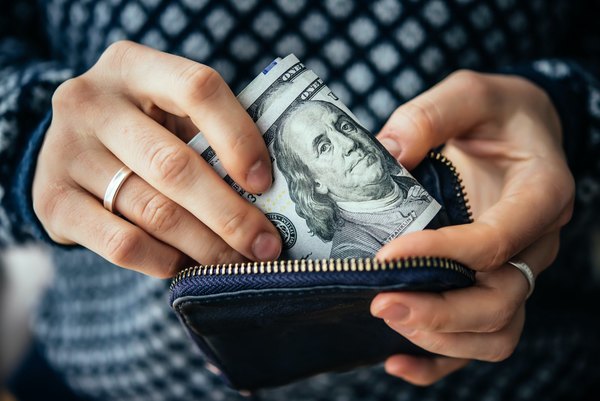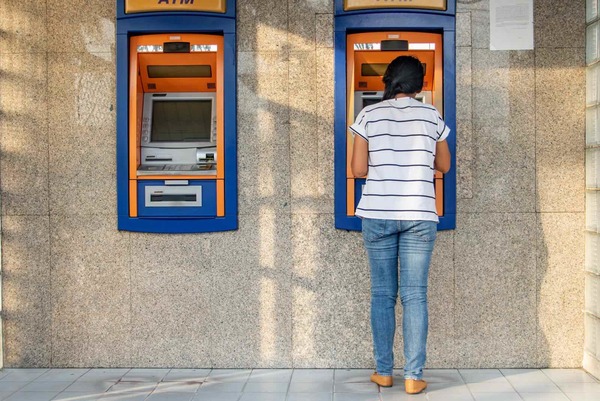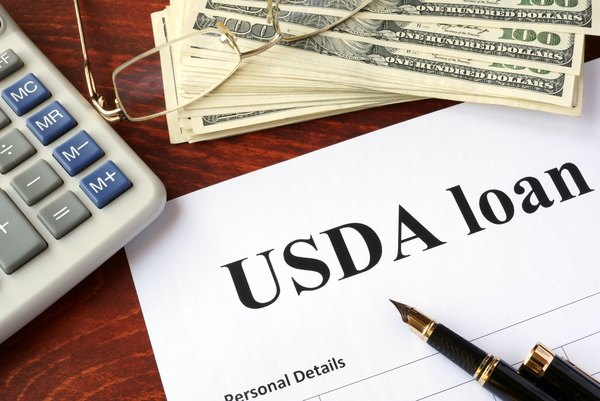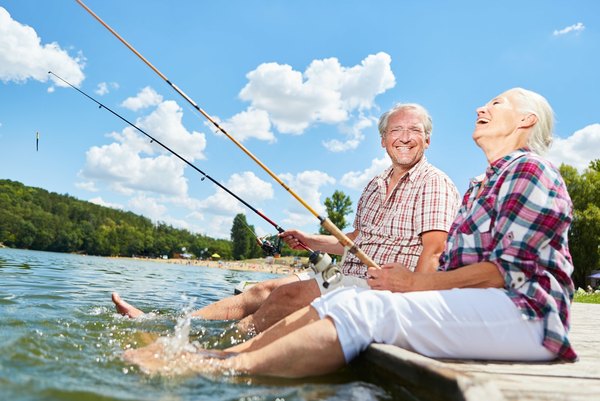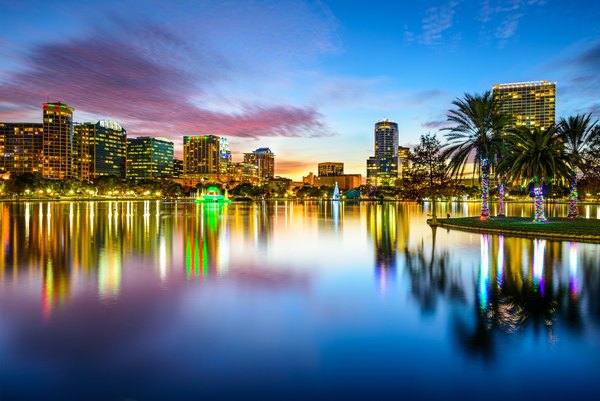How would you pay for a $1,000 emergency bill? It could be a medical emergency, car problem, loss of a job, or an urgent financial issue. If it's taking you longer than 2 minutes to explain the funding source, the chances are that you don't have one.
A survey from Bankrate indicates that over 28% or three in 10 Americans do not have any emergency savings. And for those who have emergency savings, only 18% have a big enough emergency reserve to cover six months' worth of expenses.
This is where an emergency fund comes in. If you're starting or working on your first job, here is why and how you can build an emergency fund quickly.
What is an emergency fund?
An emergency fund is exactly what it sounds like, a bank account with money to cover for unexpected expenses. If you're new to personal finance, it's okay to have a lot of questions. Let's take up the most common questions one by one.
How big should be your emergency fund?
Ideally, your emergency fund should be able to cover three to six months of expenses. It is important to note that an emergency fund doesn't accommodate discretionary spending, so keep your costs to the essentials only.
Pro-tip: Calculate your monthly expenses. Add every essential expense, such as rent, insurance, debt payments, taxes, healthcare expenses, transportation costs, and personal expenses, such as groceries and personal care items. Now you know the minimum amount of money you need during a crisis. Do the math and create a savings strategy.
Where should you put this money?
An emergency fund should be easily accessible. You can put your emergency savings in a checking account, create a CD, or put it in a high-yield savings account. It is okay to keep a fraction of savings in cash.
Why do you need an emergency fund?
Having an emergency fund ensures that you're financially ready to face a crisis. You don't have to borrow funds from your family or friends or rely on high-interest loans and credit cards to pay for emergencies. Your emergency fund will prevent you from accumulating additional debt or high-interest payments.
5 Tips for creating an emergency fund quickly
A survey from GoBankingRates.com finds that roughly half of the Americans are living paycheck-to-paycheck, with the crisis hitting 35 to 44 age bracket the most. Saving for an emergency fund could be challenging if you've to wait for your paycheck to come through, but it isn't impossible. All you need is a strong will and an actionable strategy to start saving.
Get a side hustle
For people living paycheck-to-paycheck, getting a side hustle is one of the best options to save for an emergency fund. A Bankrate survey indicates that approximately 45% of Americans have a side hustle or secondary job. Millennials are leading other generations in having a side gig.
Start by creating a schedule and find hours that you can use for a secondary job.
The next step is to find a job that suits your skills, experience. You can find side hustles through freelancing websites, such as Fiverr or Upwork. There are hundreds of services that you can offer through these platforms. Alternatively, you can work as an online assistant, drive an Uber, or become an online entrepreneur.
Be careful about multiple streaming subscriptions
Are you a fan of online streaming services? Who isn't? Nearly 70% of American households have at least one subscription, and the average American subscriber has 3.4 subscriptions. If you fall into the latter category, it is time to stick to one subscription only. On the other hand, if you're still using a cable TV connection or live in a house/apartment that came with a cable subscription, it's about time to get rid of it. The average monthly cable bill in the US is $107 against $8.53 paid for a streaming service.
Apps like TrueBill can help you track down subscriptions you've forgotten about so you can lower your bills and optimize your spending.
Shift to an affordable student debt repayment program
Americans have a net student debt of over $1.6 trillion. More than 44 million Americans carry student debt, with the average graduate carrying a debt of $40,000. It's no wonder if you're under pressure from student loans. The good news is that you can shift to an affordable student debt repayment program offered by the federal government. You'll have more cash to dedicate towards your emergency fund by moving to one of these programs.
Avoid going out every night or casual drinks
Who doesn't enjoy going out to drink or dining at restaurants? However, did you know that the average American adult spends approximately $600 every month on restaurant meals, drinks, and takeouts? In fact, research indicates that American adults spend up to $1,497 on nonessentials every month, adding up to $18,000 annually. If you're guilty of discretionary overspending, this is the right time to consider your lifestyle choices.
Start by listing your discretionary spending. While it's not recommended to deprive yourself of every single pleasure, it is advised to cut your discretionary spending by half or three-fourth while saving for an emergency fund. Additionally, you can use this money for important financial goals, such as saving for marriage, paying for college, or even contributing towards a retirement plan.
A little frugality could do the trick
Saving for an emergency fund should be a top financial priority for everyone. Find out if it is possible to go frugal, at least for a couple of days. Here are some ideas:
Share your apartment. It'll cut your housing expenses to half.
Try spending cash instead of card payments. Going on a cash-only mode for a couple of days could be an eye-opener.
Prepare your coffee or lunch for a couple of months. The additional benefit of doing so would be healthier meals and an option to cut on fast food.
The Bottom Line
Financial emergencies are a part of life. You're likely to face one sooner or later. The best strategy to survive through a financial crisis is to be ready for it. Always remember, having an emergency fund is one of the best financial choices you'll ever make.

